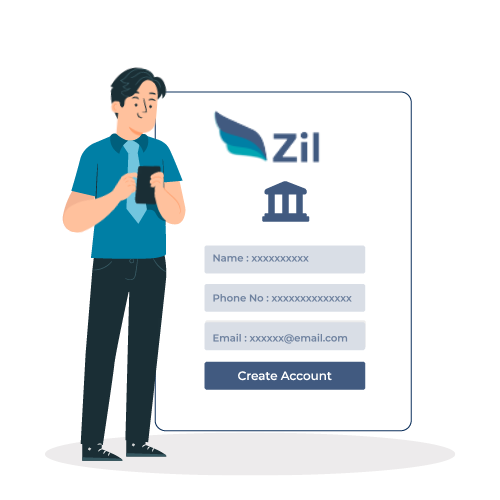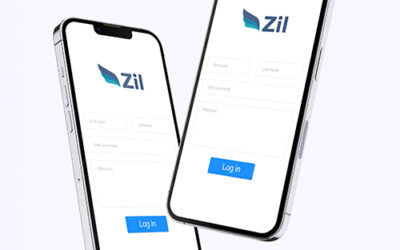Online banking had gained popularity before the pandemic due to its advanced web services and mobile apps. However, more than ever, business owners rely on this technology to meet their banking needs from the comfort and safety of their homes. Suppose you’re considering using an online bank for your business. In that case, you should weigh the benefits and drawbacks and learn how these innovative banking features change how business owners interact with their money.
Online banking is an electronic system that enables customers to browse and conduct financial transactions using various safely guarded systems such as high street bank branches, telephone banking, and mobile applications. Online banking has made it easy for consumers to avoid visiting a branch. They can now do all their transactions at their convenience, wherever they want. Online banking necessitates using a computer or other device, an internet connection, and a bank or card.
Types of Accounts
The types of accounts available will vary according to the bank. Online-only banks typically provide essential services such as checking and savings accounts. Some provide CDs, money market accounts, investment options, and loans. Traditional banks that provide online banking typically allow you to access their entire package of services online.
Banking transactions available online vary by institution. Most banks provide essential services like transfers and bill payments. Customers can also open new accounts and apply for credit cards through online banking portals at some banks. Ordering checks, putting stop payments on checks, and reporting a change of address are examples of additional functions. Checks can now be deposited electronically using a mobile app. To complete the deposit, the customer enters the amount before taking a photo of the front and back of the check. Businesses use online banking to replace in-person visits to a branch in today’s fast-paced world. It provides several web-based features for conducting financial transactions online.
- Bill payments
- Tax payments
- Cash transfers to vendors and suppliers
- Deposits to retirement accounts (either your account or your company’s pension plan)
- Open new accounts
- Loan applications for business loans, credit cards, or lines of credit
- The ability to deposit cheques
Online banking can be accessed via a computer or a mobile app provided by your bank. All you need is a bank account, a secure password, and a reliable internet connection to access your account from anywhere, which is especially important now that we are being encouraged to stay at home.
Is Online Banking Safe?
Online banking is secure as you take extra care. Use a unique password that is difficult to guess when logging into your account on a public computer or Wi-Fi. Someone trying to break into your account may find it more difficult with two-factor authentication. Also, if you use a banking app, be cautious about whom you give access to your phone.
Advantages of Online Banking
Working with the digital world has many perks, including greater flexibility and increased convenience.
Deposit cheques online
You may be able to deposit checks online in minutes rather than driving to a bank branch and waiting in line. Furthermore, because most financial institutions have an app replicating their services from your phone, you can always bank on the go. Furthermore, some banks provide customer service 24 hours a day, seven days a week.
Pay bills online
Online banking helps save time by not requiring the logged-in individual to go to their bank. Not only can a person access their account and make payments, but they can also set up automated bill pay to help them manage cash flow.
Transfer money
You may need to send money to a client or vendor quickly, or you may need to transfer money from one account to another. You can securely transfer money online instead of sending a registered cheque and waiting for it to clear.
Lower your overhead fees
Your business banking fees may be lower if you bank online because online banks do not have to pay for the cost and upkeep of branches, and those savings may be transferred to you. Furthermore, they may have more no-fee options, increasing your savings.
Although online banking provides many services, some of them still require business owners to visit banks to “wet sign” documents. Loan and credit applications, large cash withdrawals, and large deposits are examples of this. However, as online banking technology advances, you may be able to sign for these in the future electronically. Banks are constantly upgrading and improving their digital assets because they know business owners want the ease and convenience of online banking. You can use this rapidly changing banking technology to create an online system specific to your company’s needs. If you believe online banking could benefit your company, speak with your bank about the time and cost savings of going digital.






